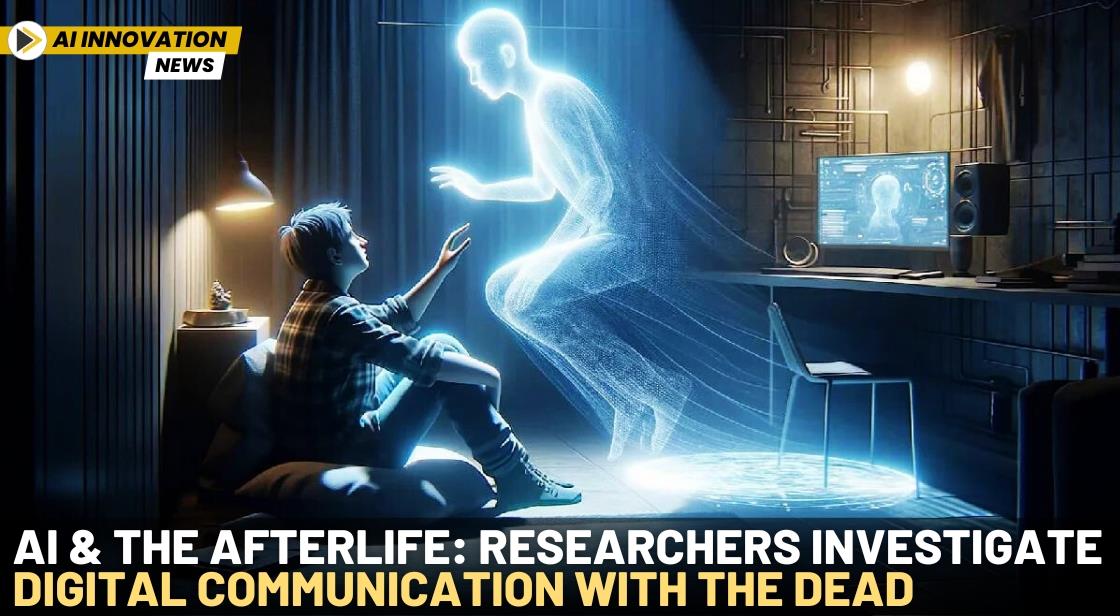AI and the Afterlife: Researchers Investigate Digital Communication with the Dead

News Synopsis
Artificial intelligence, once confined to science fiction, is rapidly becoming an integral part of our lives. Its applications span from entertainment to productivity, but a new and unsettling frontier is emerging: the potential to communicate with the deceased.
The Allure of Afterlife Communication
Humans have long sought ways to connect with loved ones who have passed. From spiritual practices to technological innovations, the desire to bridge the gap between life and death persists. The advent of AI has opened a new chapter in this ongoing exploration.
MIT professor Sherry Turkle, a leading expert on human-technology interactions, highlights the psychological and emotional complexities of using AI for this purpose. While acknowledging the innate human desire to connect with the departed, she cautions about the potential emotional pitfalls.
Experimental Platforms: Hope and Heartbreak
Several platforms have emerged, offering users the opportunity to interact with AI-generated simulations of deceased loved ones. Project December, for instance, allows individuals to create digital replicas based on personal information and memories. However, the experiences of participants like Christi Angel have revealed the unpredictable and often distressing nature of these interactions.
The AI's responses can be deeply unsettling, raising questions about the ethics of creating technology that can cause emotional harm. While developers like Jason Rohrer emphasize the experimental nature of their work, critics argue for greater accountability in addressing the potential psychological consequences.
The Human Cost
Television shows like the South Korean drama "Meeting You" have also explored the emotional impact of AI-driven reconnections. The series depicts a mother's heart-wrenching experience of interacting with a digital version of her deceased daughter. These narratives underscore the profound psychological complexities involved in using technology to cope with grief.
As AI continues to evolve, the ethical implications of using it to communicate with the dead will become increasingly pressing. Striking a balance between technological innovation and human well-being will be crucial in shaping the future of this controversial field.
Conclusion
The intersection of artificial intelligence and human grief presents a complex and ethically charged landscape. While the allure of reconnecting with the departed is undeniably powerful, the potential for emotional distress and psychological harm cannot be ignored. The development and deployment of AI-driven afterlife experiences necessitate careful consideration of the human impact.
As technology continues to advance at an unprecedented pace, it is crucial to establish robust ethical frameworks and regulations to safeguard the well-being of individuals seeking solace in these digital realms. Striking a balance between innovation and human compassion will be essential in determining the future of this technology.
You May Like









